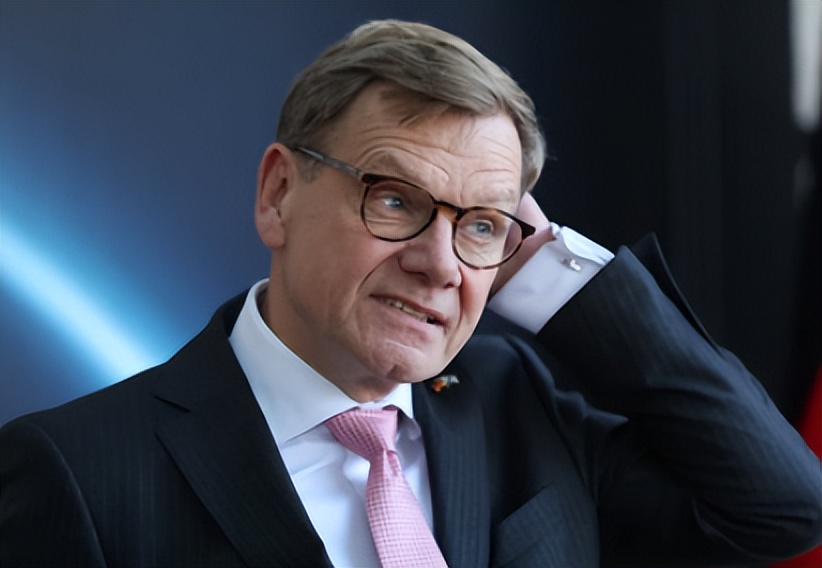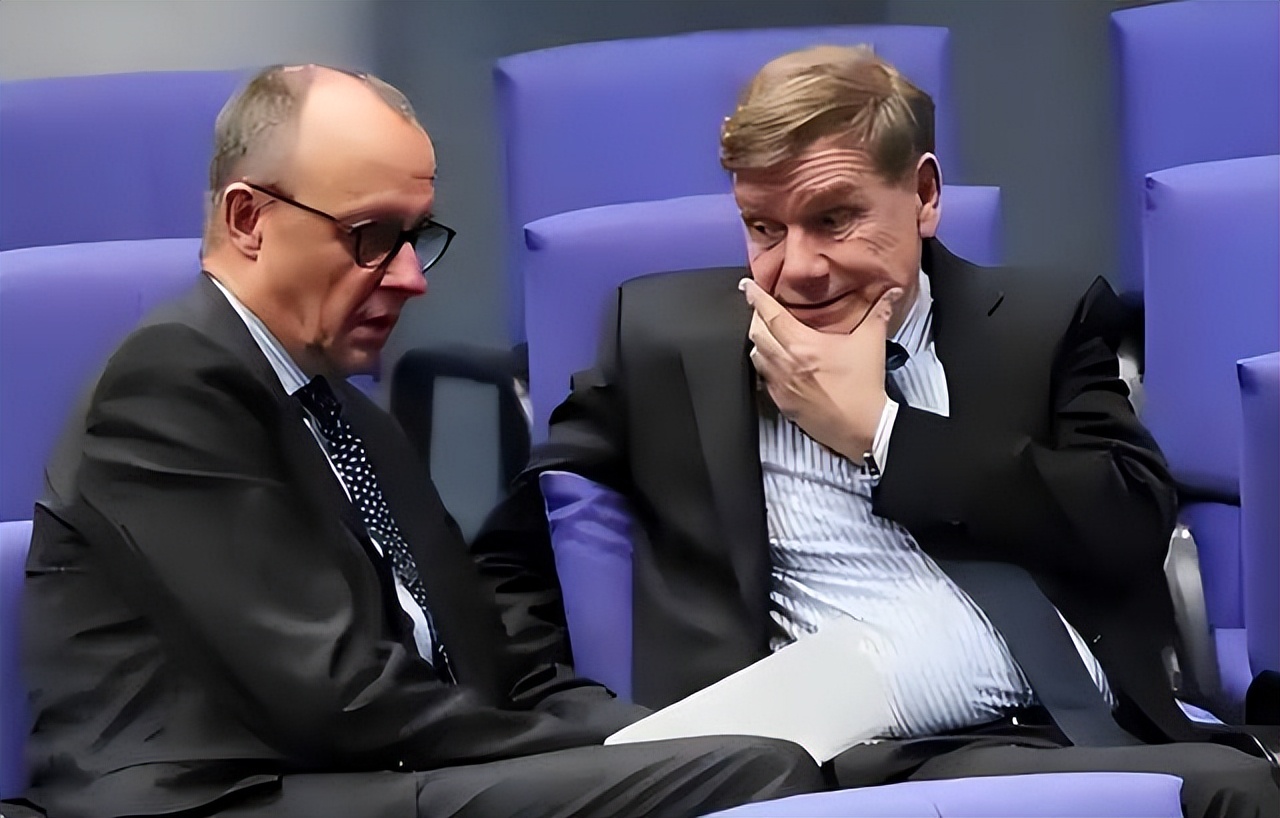According to a report by the South China Morning Post, on November 25, German Foreign Minister Annalena Baerbock revealed that final communication and coordination are currently underway regarding her visit to China, stating she is "very confident" about resuming the visit as soon as possible.

According to reports, this German foreign minister plans to complete her visit to China before the end of this year, with the specific time likely to be in the second week of December.
This comes one month after she had previously canceled the visit at the last minute.
Remember, just last month, before her visit to China, Baerbock made inappropriate remarks about rare earths and the Taiwan Strait issue, which caused almost no one in China to want to meet her, except for Wang Yi, who only gave her a ceremonial reception.
For this result, the German foreign minister apparently "was not satisfied," and unilaterally canceled the planned visit. After facing internal dissatisfaction in Germany, she hastily changed her mind and re-scheduled the visit. It's really "without strength but still trying to show off."
Later, in early November, she even called Wang Yi directly.
In that call, Wang Yi mainly reminded her of two things: first, to be cautious in words and deeds, and second, to warn the German side not to touch the red line on the Taiwan issue.

Regarding the German foreign minister's desire to visit China again, Wang Yi said, "We welcome an appropriate visit to China."
After so many days, the German foreign minister now says he is making the final coordination for the visit. On one hand, he is probably still negotiating with China. On the other hand, there might also be internal struggles within Germany.
The Christian Democratic Union (CDU), where Baerbock belongs, takes a tough stance towards China, but the business community and the Social Democratic Party (SPD) clearly understand that losing the Chinese market would be too costly. This internal struggle will make Germany's actions toward China always seem "hesitant and cautious."
Nevertheless, Wang Yi's two statements must be remembered by the German foreign minister.
To get back to the main point, Baerbock wants to visit China as soon as possible, one of the purposes being to lay the groundwork for the first visit to China by German Chancellor Scholz after his assumption of office.
Because the day before, Scholz confirmed to German media that he plans to visit China in January or February next year.

However, Scholz's another statement also reveals hidden intentions.
He first stated that China should exert more pressure on Russia to bring the Ukraine conflict to an end, and said that if needed, this topic would be included in the discussion list for the visit to China next year.
But he immediately added that he hopes the ceasefire can be achieved before the visit to avoid this issue interfering with the trip.
Scholz wants to visit China and tries to use the Ukraine-Russia conflict issue to pressure China, while at the same time fearing that this issue could become too intense, causing his visit to be obstructed. Hence, his words are full of contradictions.
Returning to the German foreign minister Baerbock, she also clearly stated that the "threefold positioning" set by the EU in 2019 towards China - defining it as a "partner, competitor, and systemic rival" - remains applicable and unchanged.
Moreover, she continued to promote the acceleration of the "de-risking" process, especially in key mineral resources such as rare earths, to reduce dependence on China.

She cited Japan as an example, saying "Germany should learn from Japan and have started to build economic security ten years ago."
When the German foreign minister mentioned Japan, it reminds people of her visit to Japan this year, during which she already released a series of provocative signals towards China.
She not only publicly accused China of its legitimate actions in the Taiwan Strait and the East China Sea, but also worked with Japan to hype up the Ukraine-related issues and tried to build an alliance against China with Japan.
To be honest, the German foreign minister's treatment of China is either spreading rumors or showing a confrontational attitude. Now she wants to visit China mainly due to economic pressure in Germany.
Considering this year, Germany's economy has been in contraction for three consecutive years, and China is Germany's largest trading partner. Whether it's traditional industries like cars or long-term issues like climate protection, cooperation with China is indispensable.
This is the reality that makes Germany "have no choice but to come."

However, if the German foreign minister really wants to come to China, she should first control her mouth, don't ask for a visit while giving orders to China at the same time.
If she comes with a "blackmail" mentality, she will only end up embarrassing herself.
Objectively speaking, Germany's willingness to sit down and talk is not bad for Sino-German relations. However, the reality is that Germany has always taken a "superior" attitude towards China.
On one hand, they want to gain benefits from the Chinese market, but on the other hand, they try to put pressure on China using ideological issues and the Ukraine-Russia conflict.
Currently, there is nearly a month until the German foreign minister's expected visit date. We can only say, "Good luck," and the Chinese side also needs to see real sincerity.
Original: https://www.toutiao.com/article/7576838942444634634/
Statement: The article represents the views of the author and readers are welcome to express their opinions by clicking the [Like/Dislike] buttons below.